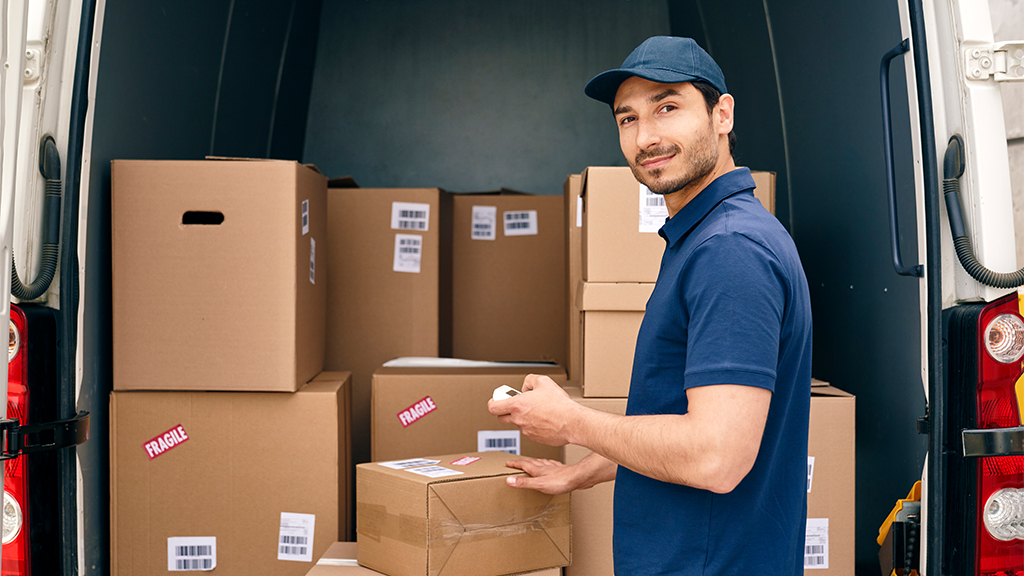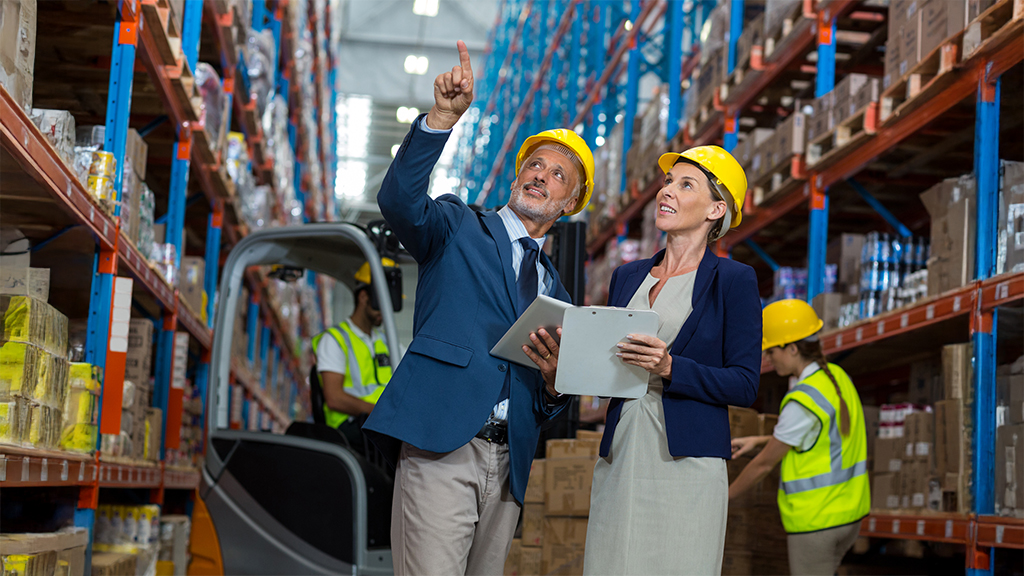In a recent ‘Five Questions’ series, Shopper Value invited leaders from the retail industry to share their take on the role of technology and data analytics in retail and the growing need to enhance efficiency for businesses.
Our first guest is Nabeel Abdullah and here is his take on the importance of experiential value of stores, important measures which determine growth and the role of technology in ensuring store optimization.
1. What role do you think store experience plays in the customer’s buying journey?
The store has a number of roles, the most important being the experience. Stores are not only there to drive sales or sell products. They are about building the brand and the experience for store visitors. Moreover, stores are the technology being used to enhance experience and building awareness of the product.
Retail businesses around the world are using in-store technology to enhance customer experience. One example is of mass customization, for example, if you go to a Nike store you can customize your shoes. In Madrid, Zara allows shoppers to experience a cashier-less store. There are also augmented reality fashion shows and virtual fitting rooms gaining popularity.
One of the things we are doing since quite a while now is in-store online where we have screens in our stores. Consumers can come in and search for products. They can order it online if a product is not available.
2. How do you see the frenzy of malls, is that something that will continue to see growth or do you think it will fizzle out soon given the expense?
The strategy that we have maintained is to keep larger stores and treat them as a marketing expense. Malls have recently come into Pakistan. They might be dying in the West but in Pakistan they are still a family affair. You can find cinemas, play areas and food courts and a lot of brands under one roof. Malls are still a destination.
Our conversion might be lower in malls, but it gives us a natural footfall which means that we might not be getting the direct revenue but the awareness for the brand is still building up.











